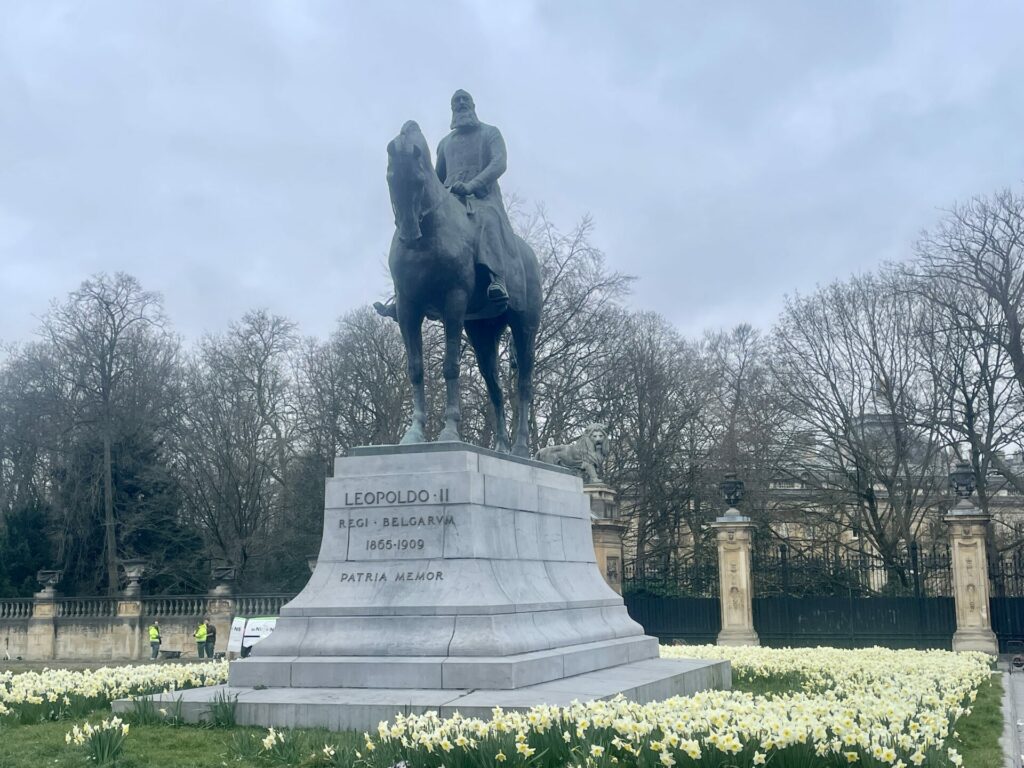The Chamber must condemn Belgium's colonial regime in the Democratic Republic of Congo, Rwanda and Burundi as a system based on exploitation and domination and must apologise, said Wouter De Vriendt, Chair of the special committee that has spent months studying the country's colonial past.
In a final draft report, De Vriendt proposed that the executive powers (meaning the king and the government) take similar steps towards symbolic restoration after a well-thought-out process. The same recommendation also applies to churches, businesses and private organisations.
"The task of this committee is to clarify the colonial past and to draw lessons for the future," De Vriendt said in parliament. "The intention is that together we come up with recommendations and proposals for reconciliation. Politics must not fail in this. The committee has a historic assignment."
Earlier this year, Belgium's King Philippe also expressed his "deepest regret" for the atrocities of the colonial past in a speech given in front of the Congolese parliament – repeating the message he wrote in a letter to the Congolese President on the occasion of the 60th anniversary of the country's independence in 2020.
Regrets, no reparations
While Philippe became the first Belgian King to express regrets "for the wounds of the past," he did not offer a formal apology – a subtle but important difference, as official apologies could lead to a Congolese demand for (economic) reparations. Now, De Vriendt's proposal carries a similar tone, as he wants to issue apologies and other forms of (symbolic) reparations, but said nothing of financial compensations.
The committee was launched in July 2020, following demonstrations against racism and actions against statues and images of King Leopold II; its members were commissioned to delve into Belgium's colonial rule in the Democratic Republic of Congo, Rwanda and Burundi.
Related News
- Belgium finally returns tooth of assassinated leader Lumumba to DRC
- 'Deepest regret,' but no apology: King Philippe acknowledges colonial cruelties
- Decolonisation working group zeroes-in on Brussels' colonial legacies
For the time being, De Vriendt's stressed that it only concerns a proposal, and it is now up to the committee members to continue working on it. “This is the draft final report, the result of many consultations and exchanges of views. It is the result of 2.5 years of work, studies by experts, countless hearings, consultations outside parliament, and a working visit to the country."
He stressed that he hopes the Chamber has "the political will" to continue working towards a compromise. The proposal for a final report has been sent to the committee members, who will meet next Monday. Their mandate expires at the end of the year.

